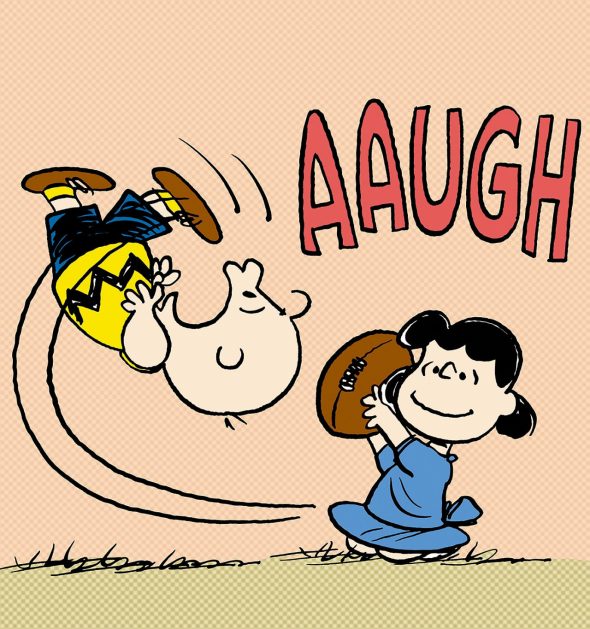 I’m teaching an online class on writing science fiction and fantasy poetry on June 30 at 9:30-11:30 PDT. It’s a fun class because it draws people from many different backgrounds with many different goals. Some are dedicated poets, looking to sharpen their edge or find inspiration. Others are prose writers who’ve barely touched poetry before, trying something new, or hoping to pick up a trick or two to bring back to their novels and short stories.
I’m teaching an online class on writing science fiction and fantasy poetry on June 30 at 9:30-11:30 PDT. It’s a fun class because it draws people from many different backgrounds with many different goals. Some are dedicated poets, looking to sharpen their edge or find inspiration. Others are prose writers who’ve barely touched poetry before, trying something new, or hoping to pick up a trick or two to bring back to their novels and short stories.
As I prepare for the class, I’ve been going over some of my own poetry, thinking about how I wrote it, and what inspired it, and that kind of thing. I wrote “Inside Her Heart” while I was in graduate school, and although the poem is ostensibly about the mother’s loneliness, I think the emotion I was tapping was my own homesickness, living halfway across the country from my parents and my (then to-be) husband.
Inside Her Heart
by Rachel Swirsky
The morning
our youngest
leaves for college,
my wife sits down
in the breakfast nook.
“I’m done being a woman,”
she says. “I’m going to try
being a house.”
She draws a sweater
over her chest like
curtains, a wide hat
like a roof perched
atop her head. Weeds
spread across the linoleum
at her feet, littered
with forget-me-nots
and matchbox cars.
She moves from
the chair by the stove
to one near the window.
“Better neighborhood,”
she says.
At night, she
opens her mouth.
Lights pour out,
and scratchy music
like old records.
She beckons me
parting the curtains
so I can press my ear
to her heart and hear
tiny people’s footsteps
inside her, dancing
reckless, full
of opportunity.
I wrote a lot of poetry in graduate school. I always joked that I was writing poetry because I was in a fiction program–I knew I couldn’t turn it in for class, so it was lower pressure than writing something that I knew would be subjected to many brilliant-but-critical glares. I say it was a joke, but it was probably also true.
Poems are an appealing form because you can write them so rapidly in comparison to stories. You can start one in the morning, retype and revise it thirty times, and still send it to an editor in the afternoon if you’re feeling confident.
Well, sort of. First of all, I suspect the fact that I write poems (relatively) quickly stems from the fact that I don’t make my living on poetry. Just as they were low-pressure in grad school, they’re low-pressure now. I write something; it’s fun; I hope someone enjoys it; I earn enough money for something between a cup of coffee and a nice dinner. (At least I usually get paid — I’ve heard people refer to poetry as a “gift economy,” which is nice, but I like coffee and nice dinners and paid power bills.) Poets can treat their poems with every bit as much perfectionism as I treat my short stories. Poems can live on hard drives for decades, enduring a tweak or two every month when their file gets dredged up.
There’s also a lot of work that goes into writing a poem outside of the actual drafting, fingers-to-keyboard time. For me, sometimes that work happens before the poem is completed. It can arise as a kind of insistent, inchoate pressure that forms during my day-to-day experiences, from something as mundane as the ticking in my mind while sitting on a subway, to the whooshing blur of a dance floor–or, often, something shivery I’ve found in a book.
Sometimes, I spend the hours in revision, obsessing over where a comma goes and where it doesn’t. I do the same thing with my fiction–which I don’t necessarily recommend; there are diminishing returns on this kind of thing. Take it out, put it in. Take it out, put it in. Sometimes I can never really decide, and whether it’s there or not depends sheerly on whether I stop revising on an even pass or an odd pass.
Sometimes I hardly even notice the work I’m putting in. It seems invisible. A poem can seem to be begun and completed within hours. This poem felt like that–like something that just emerged. Of course, it didn’t–nothing does–I couldn’t have done it without years of reading and writing poetry.
The real work, though, was in my life–in the homesick experience of living alone in Iowa. Sometimes living is the work of poetry. Letting yourself feel, deeply. Truly engaging with the world and with yourself. Poetry begins with the examined life.
















It is inevitable that people will detransition – no medical treatment has a 100% satisfaction rate. But 94% of trans…